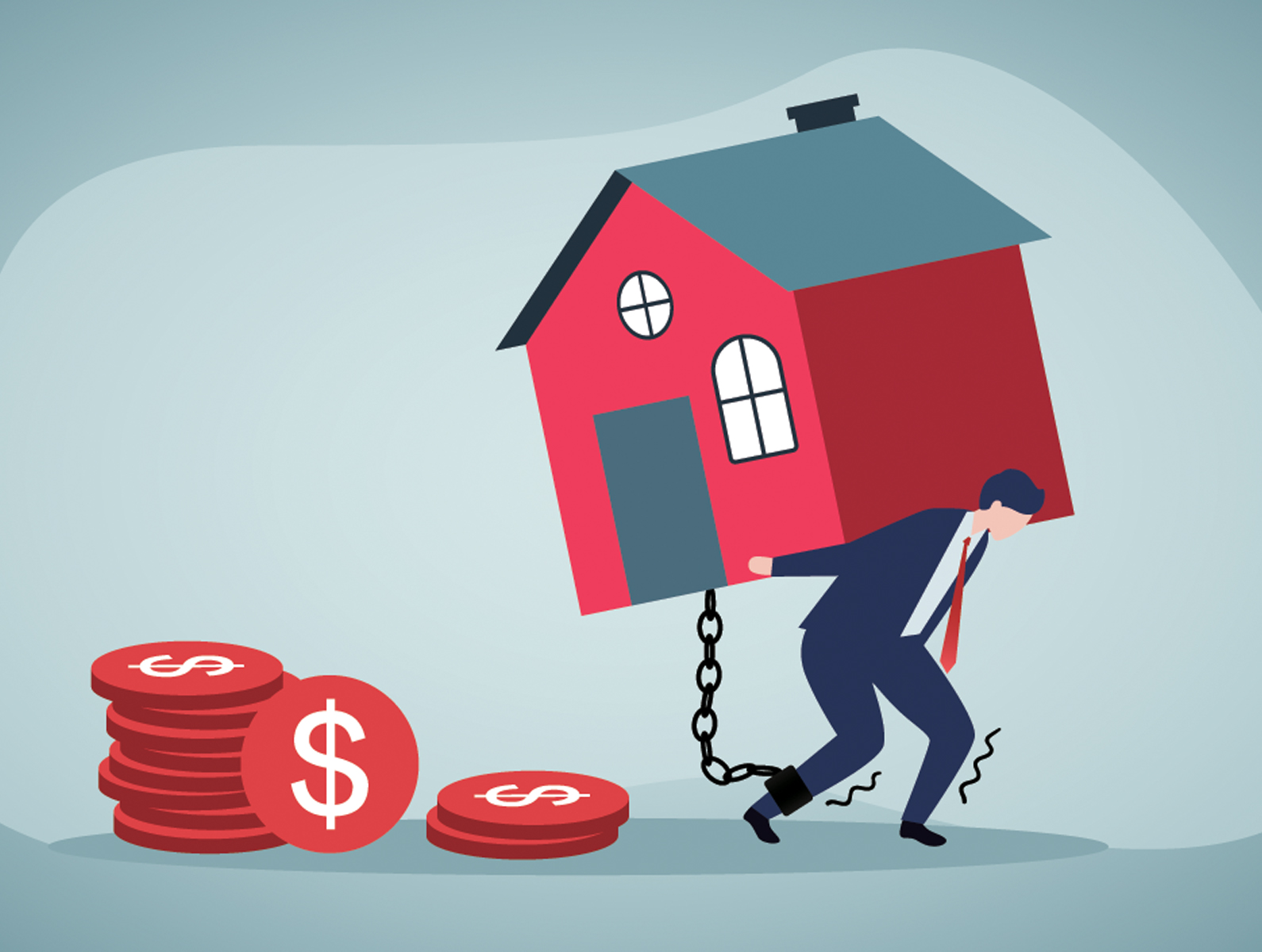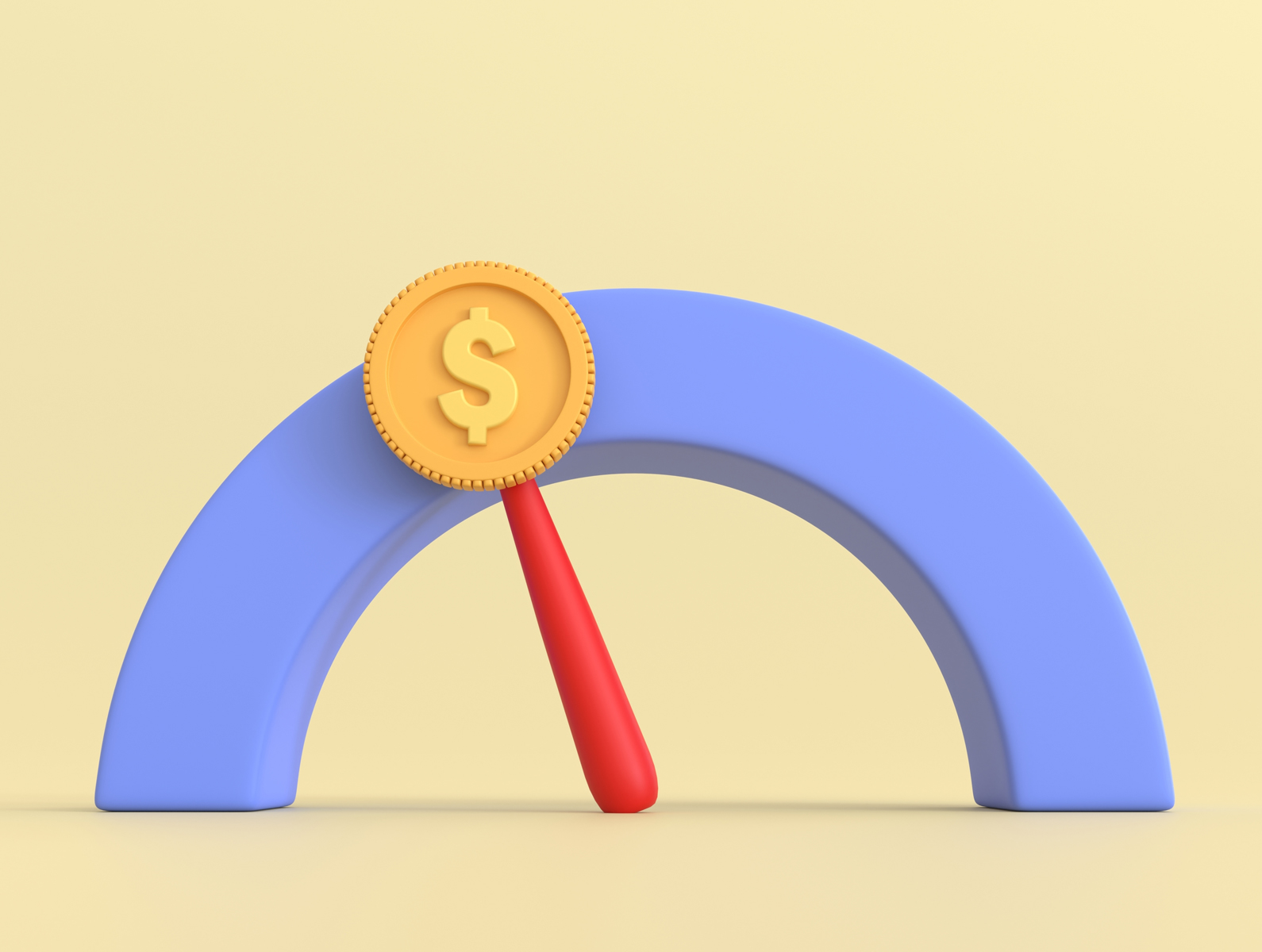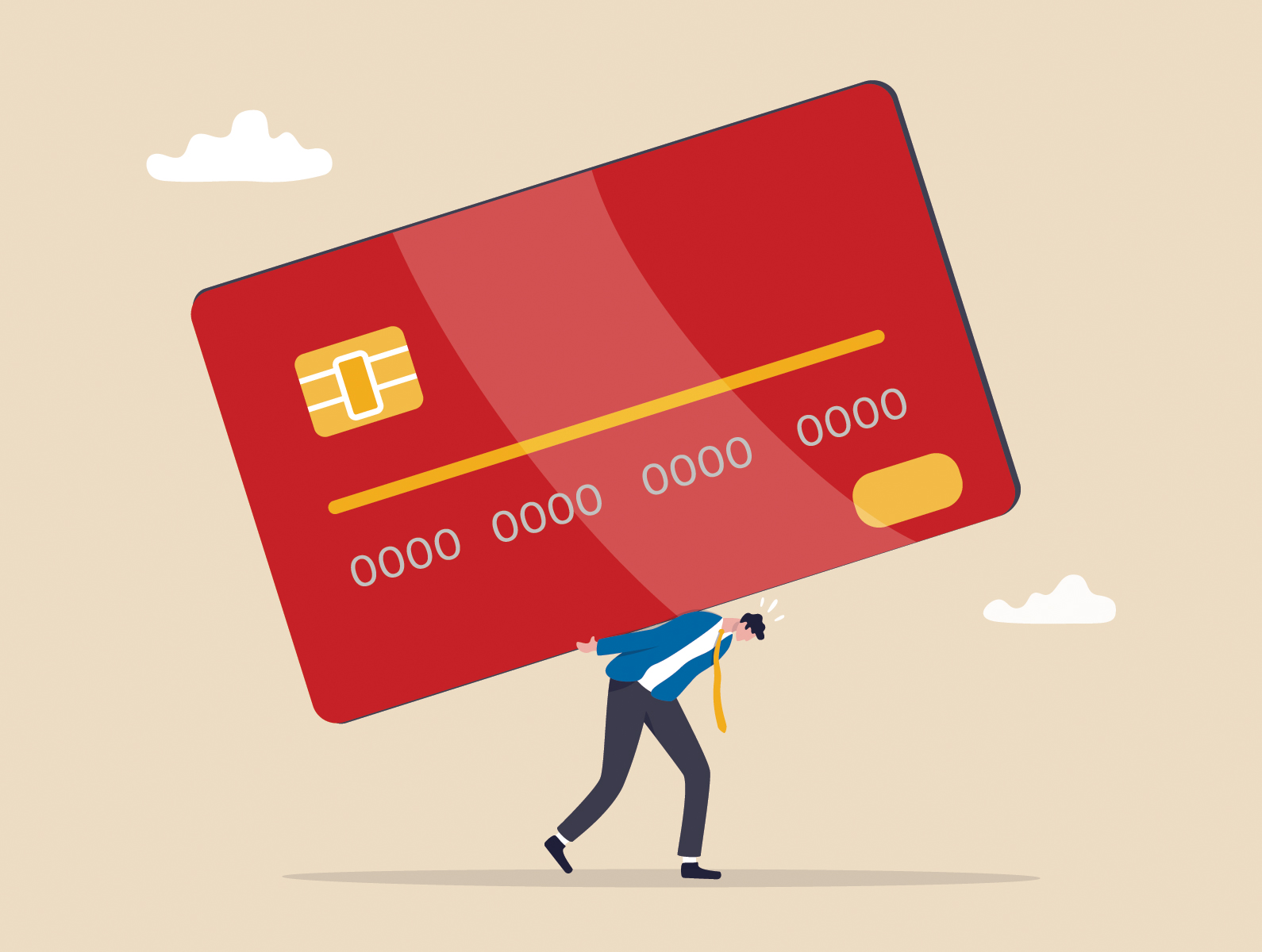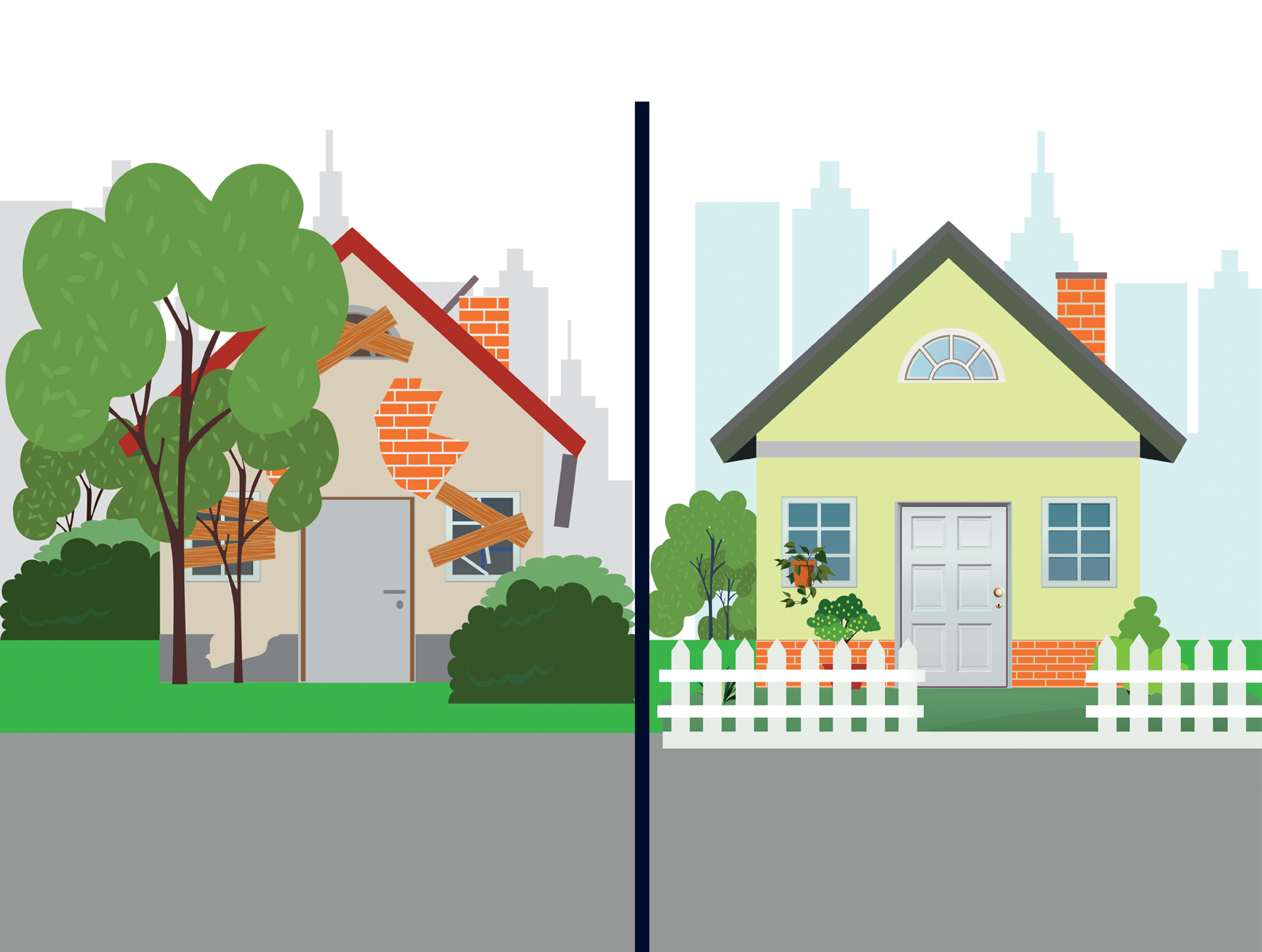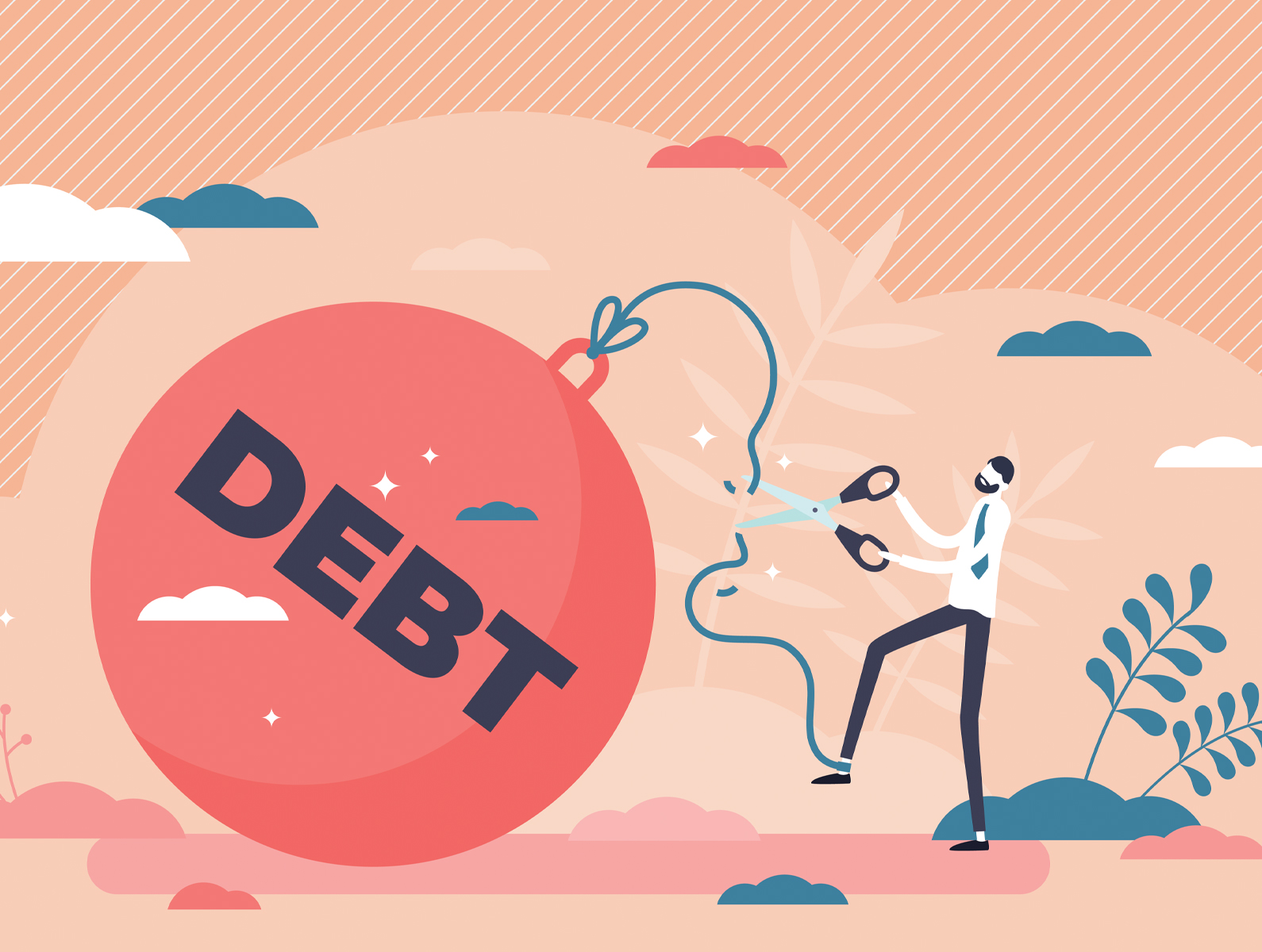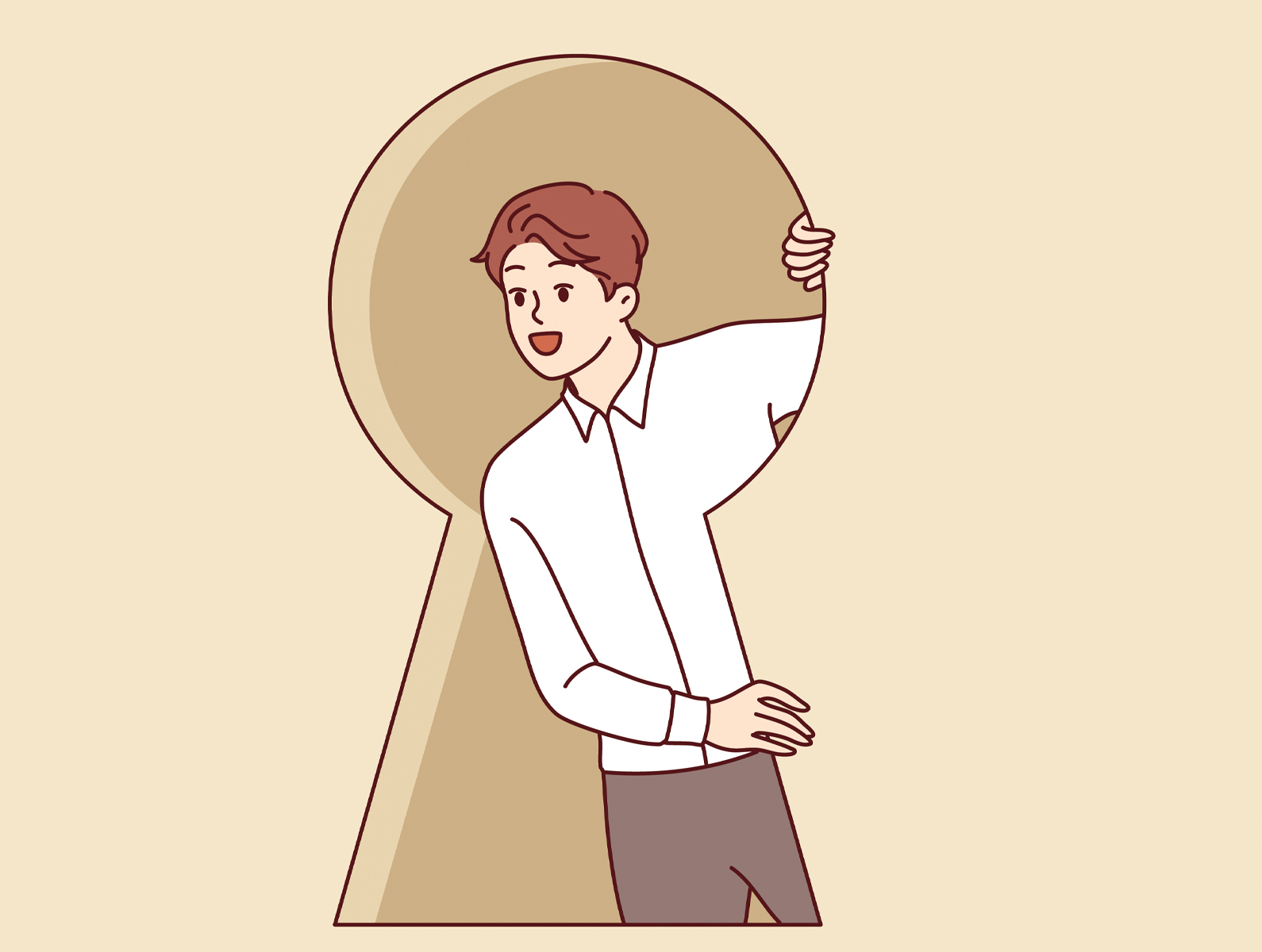How Has Lockdown Affected the NZ Loans Industry?
Demand for loans fell 30 per cent overnight after New Zealand moved to Alert Level 4 on August 17, data from credit reporting bureau Centrix shows. Although significant, that decline was nowhere near the 70 per cent drop experienced in March last year when the first lockdown began.
The level of confidence heading into this lockdown was likely higher than last when the Reserve Bank of New Zealand predicted unemployment would reach 9% and house prices would fall by 9%. Instead, prices for housing reached record highs and the unemployment rate remained at 4%.
How Lockdowns Affect People’s Finances?
Forced lockdowns can benefit an individual’s financial situation, but that depends on whether or not their income remains the same. Wage subsidy recipients are required to pass the full amount onto their employees, but that amount is often just a fraction of actual pay. In some cases, businesses are cutting employee salaries.
When Your Income Is Cut, What Are Your Options?
Lockdowns can be stressful when your salary is cut and your fixed expenses are high. Also, parents with very young children may not be able to work their regular hours at home, as they must look after them.
Those with credit card facilities usually make use of them to cover fixed expenses when faced with a drop in income, as it is convenient. However, credit card interest rates are generally higher than those of personal loans. When you’re facing financial difficulty, it can take a long time to pay off your credit card, so you may end up spending considerably more than you need to on loan costs.
There is a perception that taking out a loan is a lengthy process, with lots of hurdles to have to jump through. But this is no longer the case. Advancements in technology mean you can get a loan online from a provider who offers rates as low as 8.95%, the same day you apply.
Access to fast loans that are fair and affordable is possible in the online loan era. Potential borrowers should shop around for cheaper loans rather than immediately racking up debt on credit cards. Online loan provider Loansmart offers Free Loans Assessments, so those finding it hard to cover expenses can see what their options are. The company’s tagline is ‘Smarter Loans >>> Faster’ because they work hard to provide their clients with fast solutions that are affordable.
Some people already have existing loans and credit cards in place, and so don’t think they would be able to borrow more. However, they may be able to consolidate their existing debts so that their repayments are more affordable. The extra money saved in loan repayments can be used to cover expenses while income is lower. An analysis of debt consolidation loans by New Zealand company Loansmart found the following:
- The average Debt Consolidation loan is $15,000, with the smallest being $2,000 and the largest being $100,000.
- Most people consolidate between 2 -5 loans, with the smallest being two and the largest being 12.
- The average amount saved on monthly repayments is around 40%
If your income is down, and you’re finding it hard to meet your repayments – don’t wait until you default as this can be damaging for your credit score. Get in touch with an online loan company like Loansmart to find out what options you have.
Leveraging Lockdown To Improve Your Financial Situation
If you’re one of the lucky ones who is still receiving full wages during the lockdown, you should find you have more discretionary income. Forced locked downs mean our usual meals and drinks out, takeaways and non-essential purchases are not an option. So some people have more money left at the end of the week. This is a great opportunity to pay down debt faster and that is exactly what happened during the last lockdown. Balances owed on credit cards were over 1 billion dollars lower coming out of the last 2020 lockdown. Certainly, leaving lockdown in a better financial position gives you more options down the line. With less debt and fewer expenses on your bank statements, you are in a better position to borrow.
Auckland remains at level 4, despite mandatory business closures ending nationwide. How can Aucklanders improve their financial situation during this period?
Those still in a lockdown can use this time to –
1. Consider ways to make loan repayments and expenses more manageable by assessing their financial situation.
2. Make extra loan payments with money saved by not spending on discretionary items, or put it aside for an emergency fund.
3. Use this period to establish a favourable bank statement history, as forced lockdowns mean discretionary spending is down. A bank or loan company will examine your spending history for the past three months before approving you for a loan. The amount you can borrow depends on how much discretionary income you have. This could mean you’ll be approved for more funds if you plan to take out a loan in the near future, such as to buy a house or car.
4. Consider what behaviours you want to keep coming out of lockdown. If you managed to survive without your takeaways and coffee for a couple of weeks, then why not try keeping it up for a little while longer? Use the money you have saved to pay off debt and maintain a higher discretionary income.
Many have reset their lives following lockdown. This can and should be applied to finances as well. If you’re struggling to cover your expenses or existing loan repayments, it costs nothing to know your options. With a Debt Consolidation Loan, you may be able to save up to 40% off your payments. Conversely, if you have more discretionary income, you may have more borrowing options. Take advantage of this opportunity to put yourself in a better position by building up a good transaction history. Talk to a reputable online loan company like Loansmart, that has hundreds of 5-star reviews to see what your options are.




